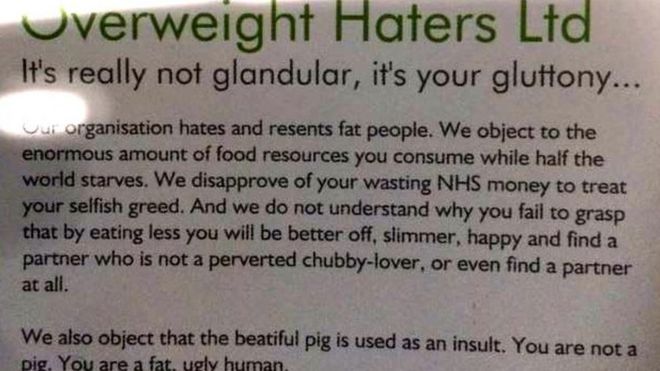Zontar said:
And no one forced people who are fat to eat more then 2500 calories each day. The average adult's stomach can only handle 900ml of liquid at any given time in terms of volume, and it's no secret which foods can be eaten in small quantities with make you feel full.
In some ways it can be a secret, thanks to the barrage of conflicting information. One month "not eating carbs" is the best, healthiest way to lose weight. The next, "not eating protein" is in fashion and did you know that cutting out carbs is bad for you. There are so many people that want to sell a pill or a new diet that they intentionally saturate the market with mutually exclusive statements.
There are also so many "hidden" calories in food (and labelling varies by country depending on national laws so in some places it is much worse, for example compare the USA with the UK in this regard). Some food additives are highly addictive and banned in one country rather than another, but even ones still allowed on the market can be nasty (MSG I'm looking at you). Some studies suggest that sugar may be as addictive as cocaine, for example. Soft drinks are a well-known carrier of "empty calories" but they can sneak their way into all sorts of things - "low fat" foods are particularly bad for this. Fat naturally tastes good, so foods that have the fat content reduced tend to taste a bit bland, and therefore companies try to increase the palatability (and thus marketability) of their products by adding excessive amounts of sugar. Then there is all the other crap they add to try to add the texture and feeling of fullness the fat would have created - there's a cellulose ingredient that is added to a lot of "diet foods" which is essentially wallpaper paste. Crap like that is not healthy, yet it is marketed as such.
For someone who has been overweight for a long time, they may in fact need to consume over 2500 calories a day. You see, if you drastically cut your caloric intake then your body essentially goes into a starvation mode, converting increased amounts of carbohydrate chains into fats and lowering your metabolism to prevent the burning of fat stores. Therefore eating 3,000 calories per day will lead to more effective and sustainable weight-loss than a simple quasi-starvation diet to fit in with the "recommended" daily allowances. Such a person may even need to paradoxically
increase how many calories they were otherwise eating if they begin an exercise plan in order to maintain suitable metabolic function. Naturally this should be established with your doctor/dietician rather than used as an excuse, but the platitude "no one makes them eat more than 2500 calories" is simplistic (not to mention highly fit people who may need far in excess of 2500 calories to maintain their physique and their levels of exercise).

